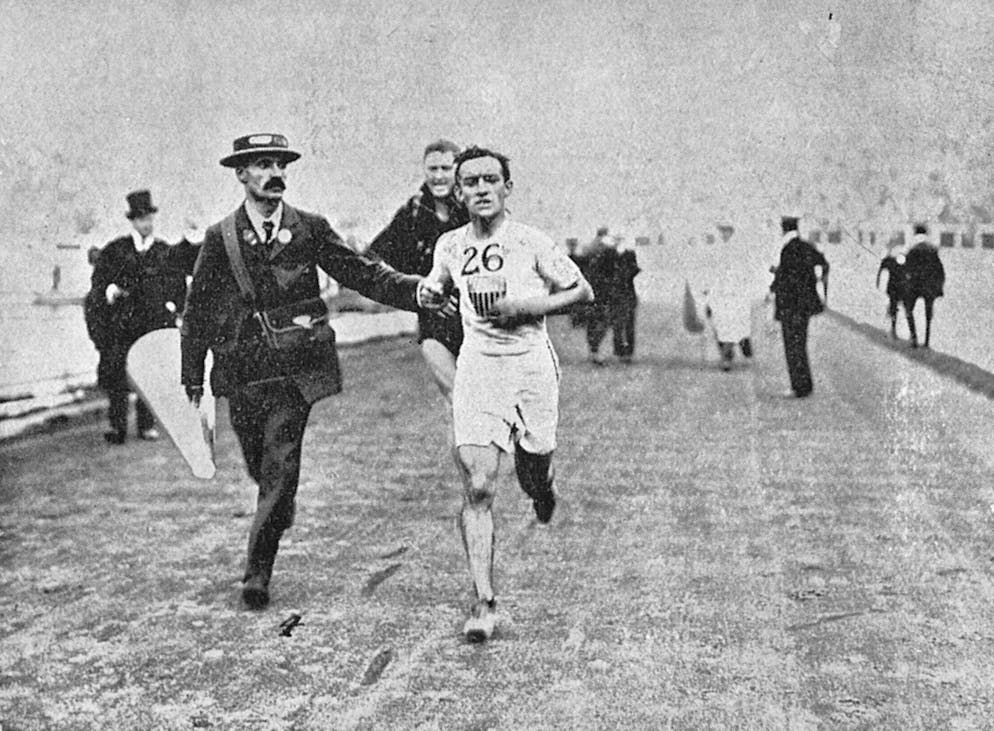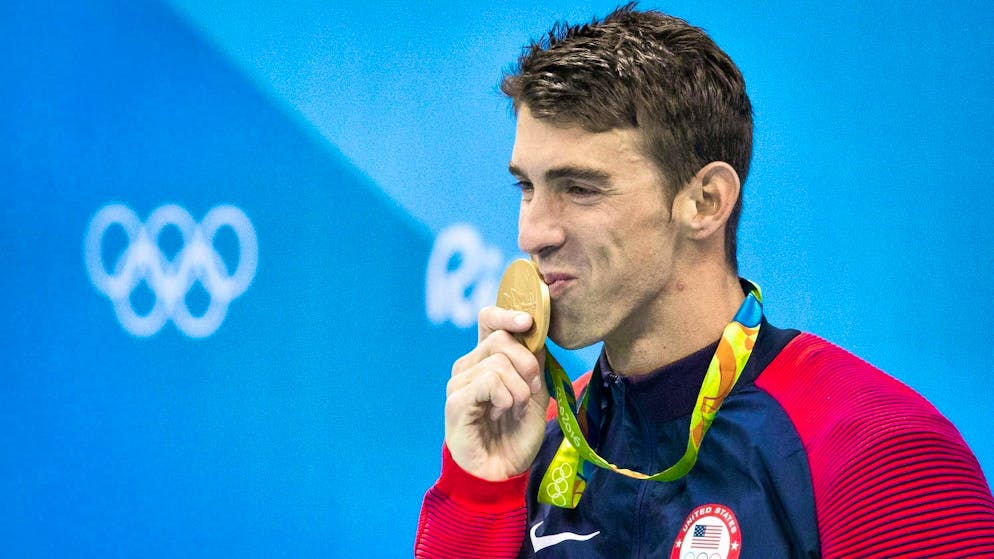
The Olympic Games begin next Friday in Paris. Time to remember some memorable moments and relive the greatest athletes in history.
The first Olympic Games
The first edition of the modern Olympic Games took place in Athens, Greece, in 1896. Organized by the International Olympic Committee (IOC), the Games aimed to revive the ancient Greek Olympic competitions. Nine sports were held: athletics, cycling, fencing, gymnastics, weightlifting, wrestling, swimming, tennis and shooting. 241 athletes (all men) from 14 countries took part.

The first female appearance
In 1900, women took part in the Olympic Games for the first time, with only 22 participants in five sports (tennis, sailing, croquet, horse riding and golf). At these games, which interestingly also took place in Paris, Charlotte Cooper went down in history as the first woman to win gold in tennis.

Origin of the marathon
The modern marathon goes back to the legendary run of Pheidippides, a Greek soldier who ran from Marathon to Athens to proclaim victory over the Persians. He ran around 40 kilometers, a distance that can be found in the modern marathon today.
The official marathon distance
The official marathon distance was established at the 1908 Olympic Games in London. The race started at Windsor Castle and finished in front of the Royal Box in the Olympic Stadium so that the royal family could stay dry if it rained. Interestingly, this route was exactly 42.195 kilometers long, which determined the distance.

An even 10
Romanian gymnast Nadia Comaneci was the first athlete in the history of the Olympic Games to receive an even 10. She achieved this at the 1976 Olympic Games in Montreal on the uneven bars at the age of 14. The digital scoreboard only had three digits, so the judges were unable to display the flawless score.

The greatest medal collector of all time
Michael Phelps, considered the greatest athlete of all time, reached his peak at the 2008 Olympic Games in Beijing at the age of 23. 23 gold, three silver and two bronze medals in swimming make him the most successful medal winner in Olympic history.

The Olympic torch, a special flame
The Olympic torch, perhaps the most important symbol of the Olympic Games, symbolizes unity and peace between nations. It is lit in the Temple of Hera in Olympia, Greece, with the help of the sun's rays.

More than just a flag
The five Olympic rings represent the five inhabited continents, and the six colors of the flag (blue, black, red, yellow, green in the rings and the white background) were chosen because all the world's flags have at least one of these colors.
Appearance of the mascots
The Olympic mascots are a major merchandising attraction and represent the characteristics of the venue. The first mascot, Waldi, was created for the 1972 Games in Munich.

The Paris mascot
The mascot for this year's edition is called Phryge Olympic. This character was inspired by the Phrygian caps, also known as liberty caps, a historical symbol of freedom and the revolution in France.

New sports in Paris
Four new disciplines will be introduced in Paris 2024: Breakdancing, skateboarding, surfing and climbing.

Olympics 2024

The Summer Olympics will take place in Paris from July 26 to August 11. Live reports and ticker, medal table and all news always on blue News.




